Research
Oxford is world-famous for research excellence and home to some of the most talented people from across the globe. Our work helps the lives of millions, solving real-world problems through a huge network of partnerships and collaborations. The breadth and interdisciplinary nature of our research sparks imaginative and inventive insights and solutions.





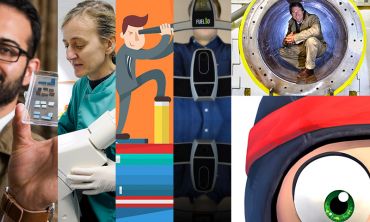


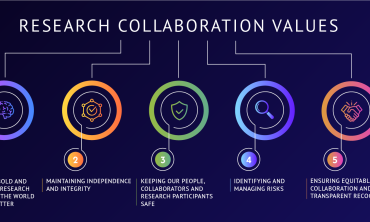
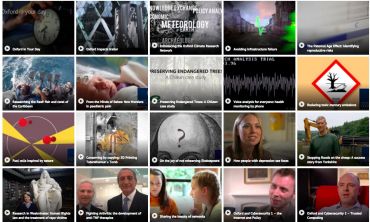
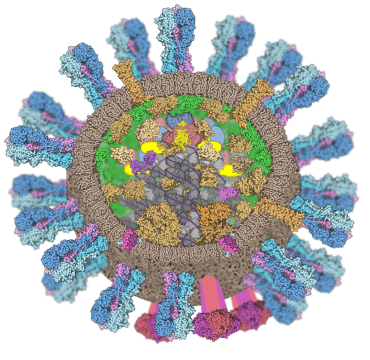

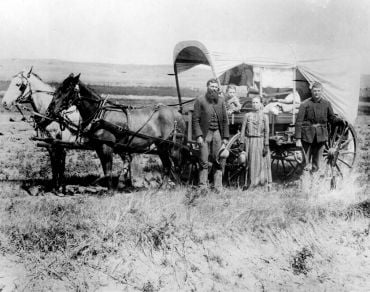




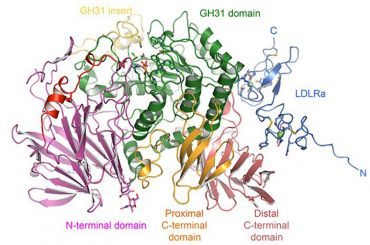

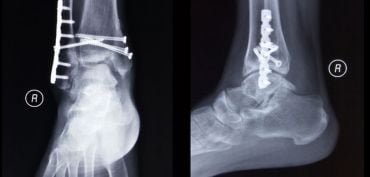
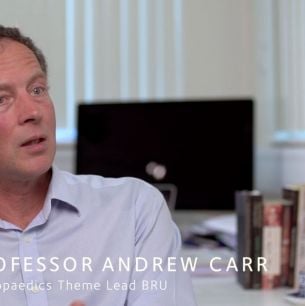
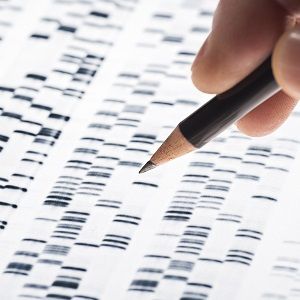


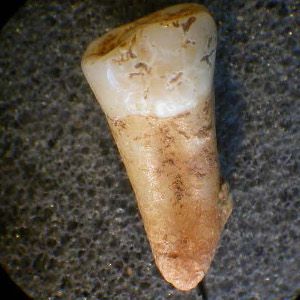

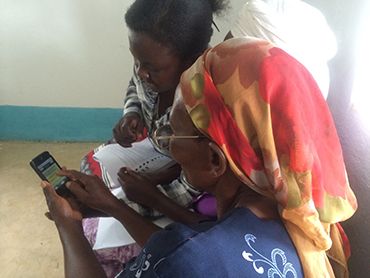
 Expert Comment: Ethical and legal challenges of uterus transplants in Mexico
Expert Comment: Ethical and legal challenges of uterus transplants in Mexico
 Oxford Humanities team delivers framework for tackling modern slavery and human trafficking
Oxford Humanities team delivers framework for tackling modern slavery and human trafficking
 Nearly 500,000 children could die from AIDS-related causes by 2030 without stable PEPFAR programmes, Oxford experts estimate
Nearly 500,000 children could die from AIDS-related causes by 2030 without stable PEPFAR programmes, Oxford experts estimate

